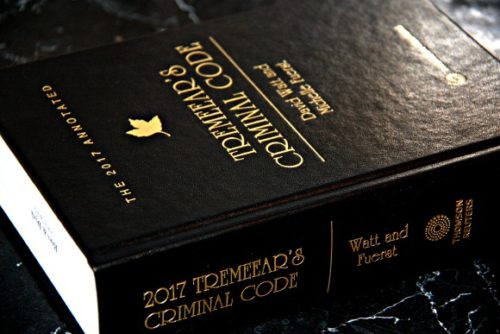
In Canada, the process of determining an appropriate sentence for a convicted offender involves careful consideration of various factors, including aggravating and mitigating factors. These factors are critical in shaping the outcome of a sentencing decision, and it is essential to understand how they are assessed and applied within the […]
Read more ›
Sexual assault trials are complex legal proceedings that involve sensitive and challenging issues. In Canada, the law surrounding sexual assault has evolved over the years to provide greater protection for complainants and hold perpetrators accountable. Understanding the legal process, evidentiary considerations, and challenges in sexual assault trials is crucial for […]
Read more ›
In Canada, the police have the authority to detain and arrest individuals under the Criminal Code of Canada and common law. While a warrant issued by a Justice of the Peace or Judge is typically required for an arrest, there are certain situations where the police can make an arrest […]
Read more ›
Every offence in the Criminal Code of Canada will fall under three categories: summary conviction offences, indictable offences, and offences in which the Crown Attorney chooses to proceed by summary conviction or indictment. Summary conviction offences are of a less serious nature than indictable offences. Summary Conviction Offences There are […]
Read more ›